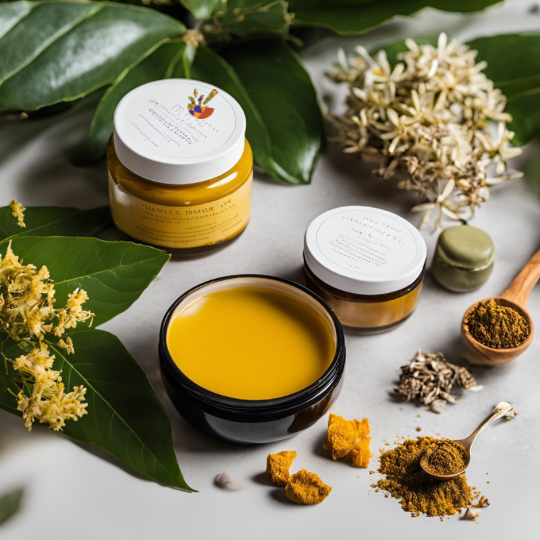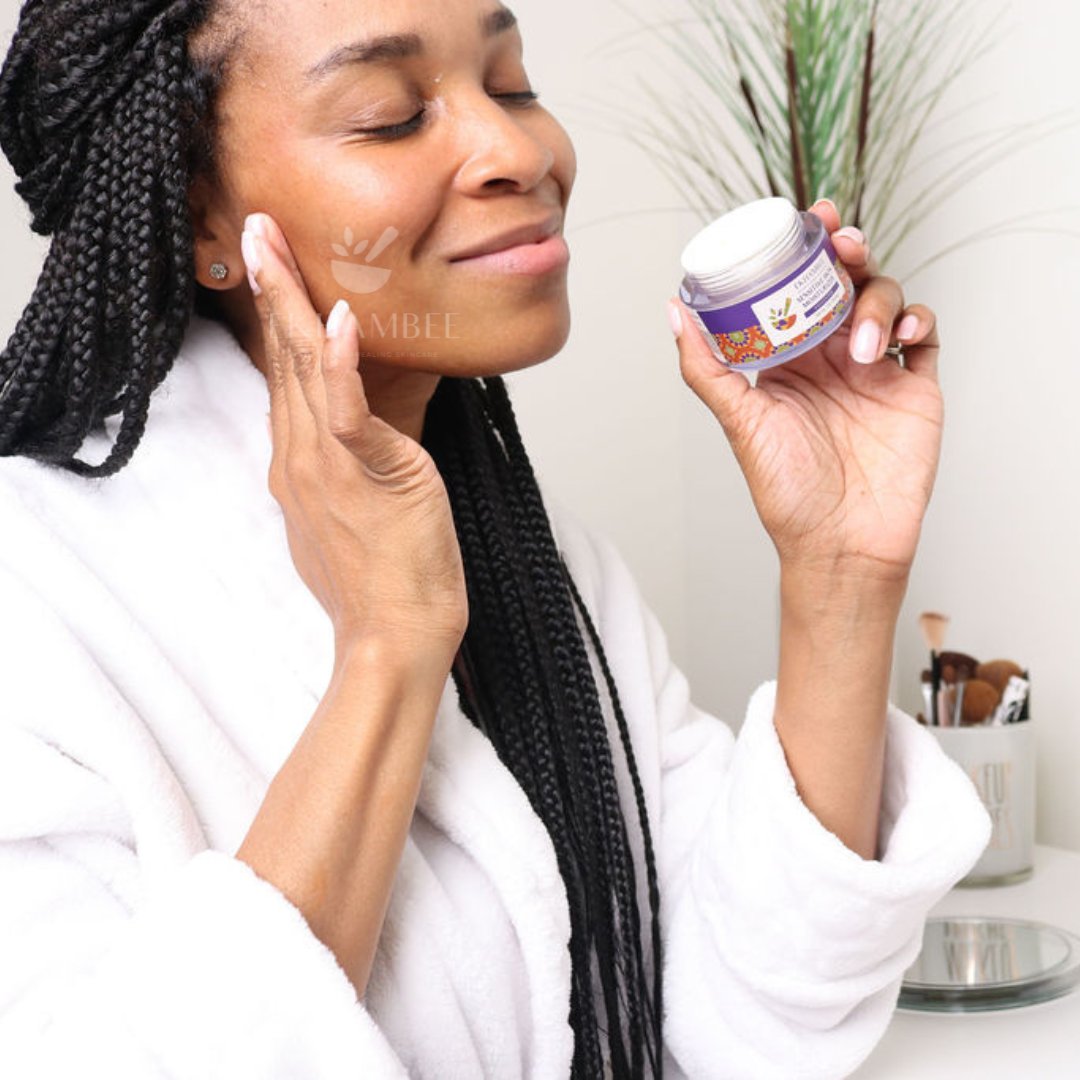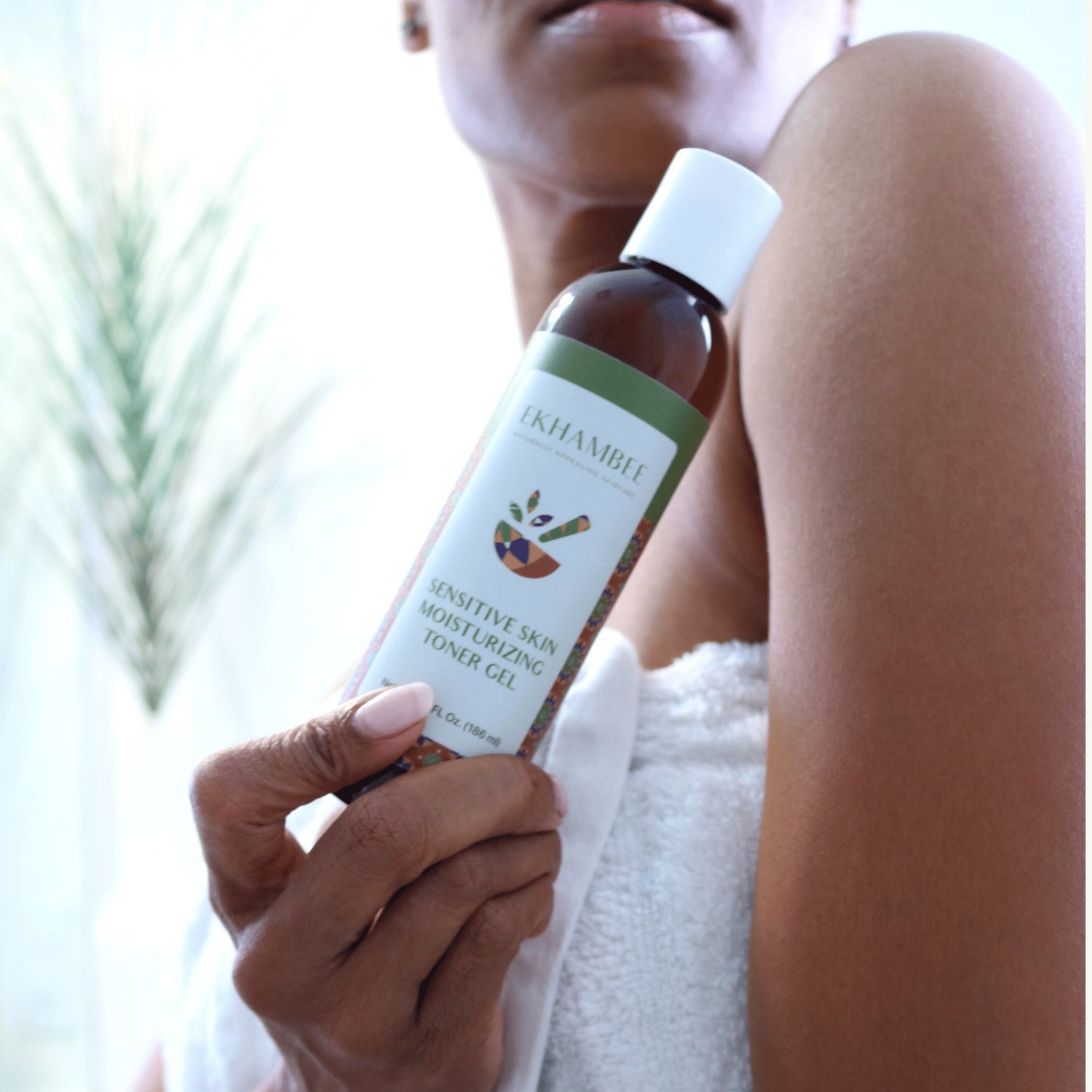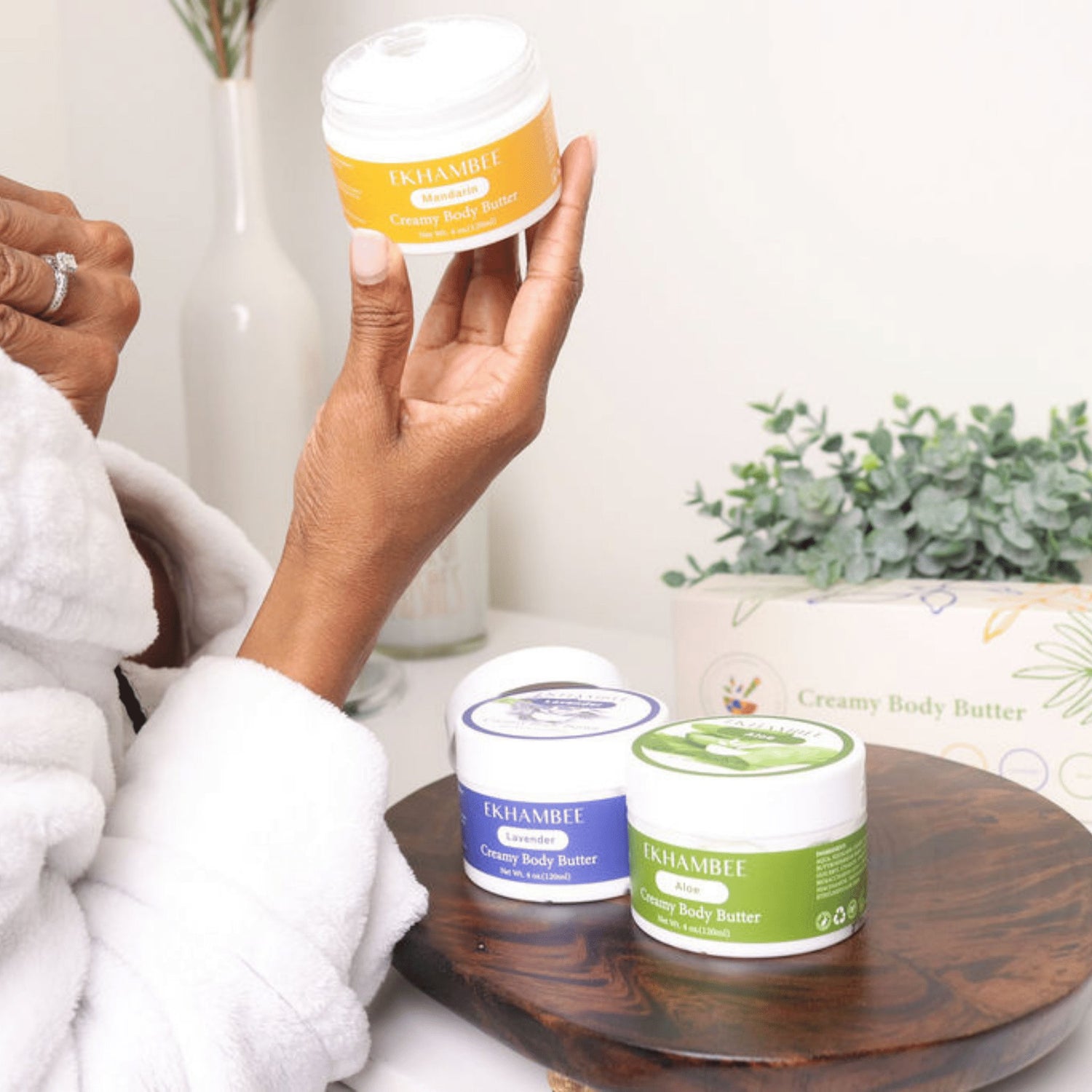Despite the growing demand for inclusive beauty products, mass market skincare and hair care brands still fail to fully meet the needs of Black women, especially when it comes to addressing concerns like stubborn dark patches, textured hair care, and maintaining a healthy skin barrier. Here's why mass market beauty brands often miss the mark and why more women of color are turning to natural alternatives that offer long-term benefits without the risk of side effects.
Misleading Ingredients for Stubborn Dark Patches and Skin Sensitivity
Many popular skincare brands, including those targeting stubborn dark patches, rely heavily on AHAs (Alpha Hydroxy Acids), such as glycolic acid, to exfoliate the skin. While AHAs are often touted as effective for treating dark spots and uneven skin tone, they can cause skin sensitivity, especially when used frequently. Overuse of AHAs can result in irritation, thinning of the skin barrier, and even worsen stubborn. hyperpigmentation over time.
For long-term maintenance of healthy, even-toned skin, natural alternatives such as vitamin C and niacinamide offer gentler solutions that don't risk compromising the skin barrier. Another great alternative is Bakuchiol that is often marketed as a natural alternative to retinol. Studies shows it is safe for skin concerns such as blemish breakouts and stubborn dark patches in melanin skin.
Many women have experienced the negative effects of overusing AHAs and have resorted to prescription treatments like Tretinoin (TRET) to tackle dark spots. However, Tretinoin comes with significant risks, including an ugly skin stage during the adjustment period, peeling, dryness, and irritation. For those who prefer to avoid these potential side effects, natural ingredients such as alpha arbutin, turmeric, and green tea extract have proven effective in reducing dark spots without the harsh effects associated with chemical treatments.
Lack of Understanding for Black Skin's Unique Needs
Many mainstream skincare lines still fail to acknowledge the specific needs of Black skin, such as increased melanin production and its unique response to various treatments. Products often miss the mark by offering one-size-fits-all solutions that don't address issues like dark spots or hyperpigmentation, which are more prevalent among women of color. As a result, many women are seeking products formulated specifically for their skin type and tone.
Textured Hair Care Gaps in the Mass Market
While some brands have expanded their lines to include textured hair care products, many mainstream options still do not fully cater to the needs of women with curly or coily hair. Afro-textured hair requires specific care for moisture retention, curl definition, and managing shrinkage. Products designed for straight hair types often fall short in terms of providing the deep hydration needed for textured hair. Brands that understand the unique challenges of textured hair are offering more nourishing, natural oils like argan oil, olive oil, grapeseed oil and shea butter, which are great alternatives for maintaining healthy, strong curls.
The Shift Towards Clean and Natural Beauty
A growing number of Black women, especially those between the ages of 35 and 60, are turning to clean beauty products that are free from harsh chemicals. Many prefer plant-based, organic ingredients like shea butter, castor oil and aloe vera, which have been used for centuries to nourish both skin and hair. The natural beauty movement is gaining momentum, with women of color looking for products that not only address skin concerns but also support overall wellness. Clean, toxin-free products are seen as safer, more effective, and more aligned with their values.
Cultural Relevance and Holistic Wellness
For many Black women, beauty routines are more than just about aesthetics—they are a reflection of cultural heritage and self-care practices. Products that tap into Afro-centric wellness traditions and incorporate ingredients used for generations, such as shea butter, rosehip oil, and black seed oil, are gaining popularity. These natural remedies offer safe and effective ways to address common beauty issues without the need for harsh chemicals or risk-filled treatments.
Conclusion: Natural Alternatives Are Gaining Ground
For Black women, the beauty industry is beginning to evolve, but it has a long way to go in terms of providing truly inclusive products. By focusing on clean beauty, natural remedies; and culturally relevant ingredients, the beauty industry can better serve the diverse needs of Black women, offering safer, more sustainable options that align with their health and wellness priorities.
Mass market beauty brands often overlook the unique needs of Black women, from stubborn dark patches to textured hair care. Discover why women of color are turning to natural alternatives that offer safer, more effective solutions without compromising skin and hair health.



